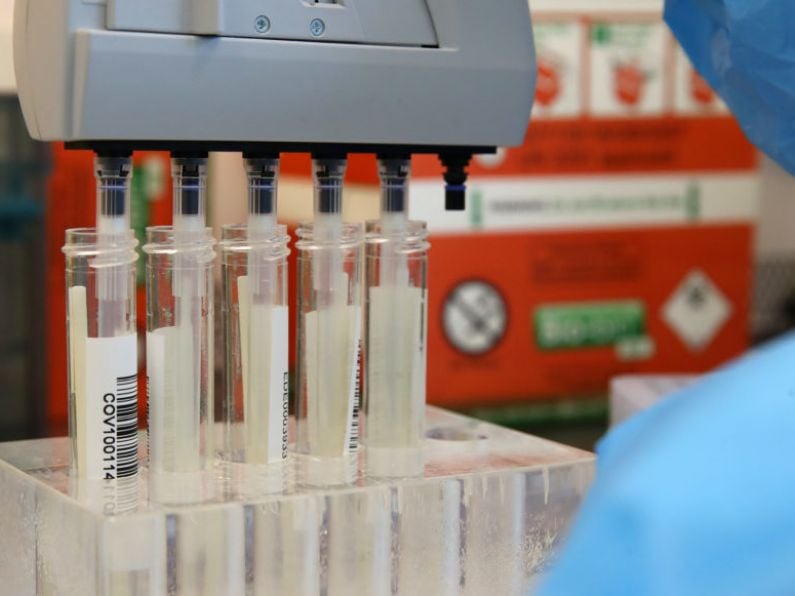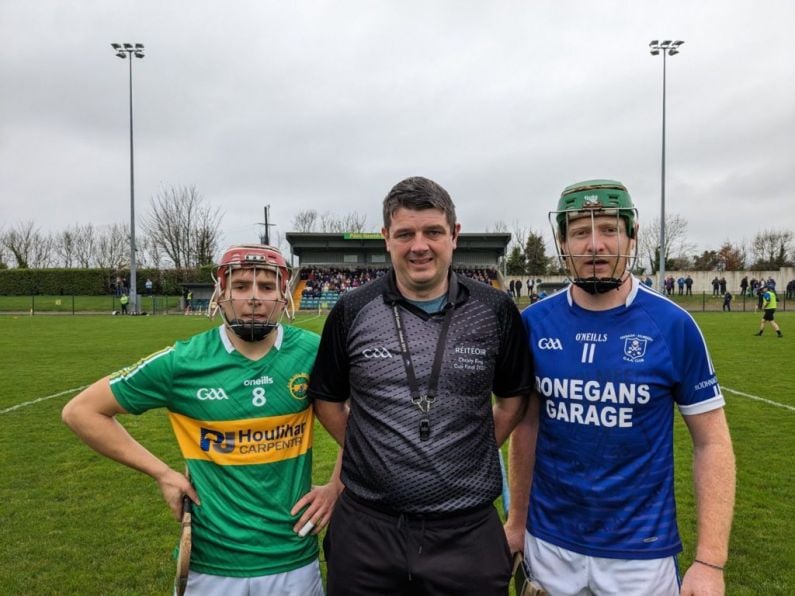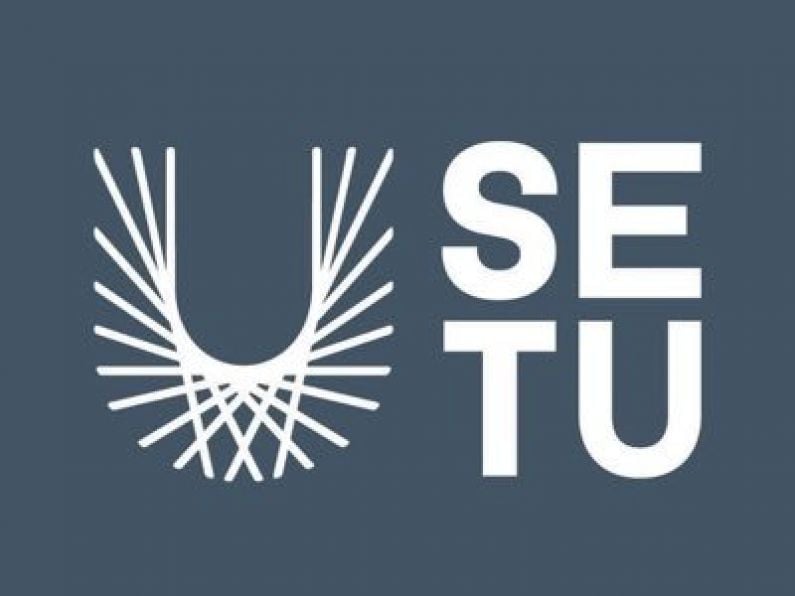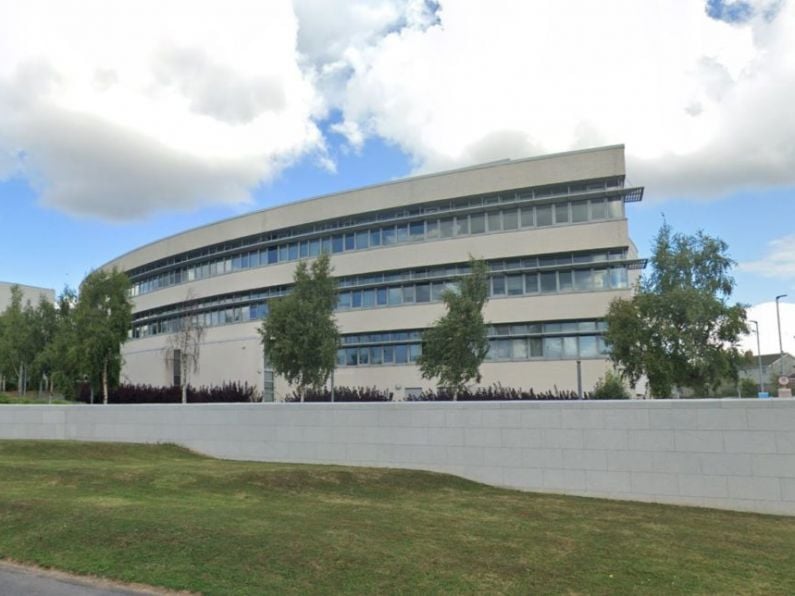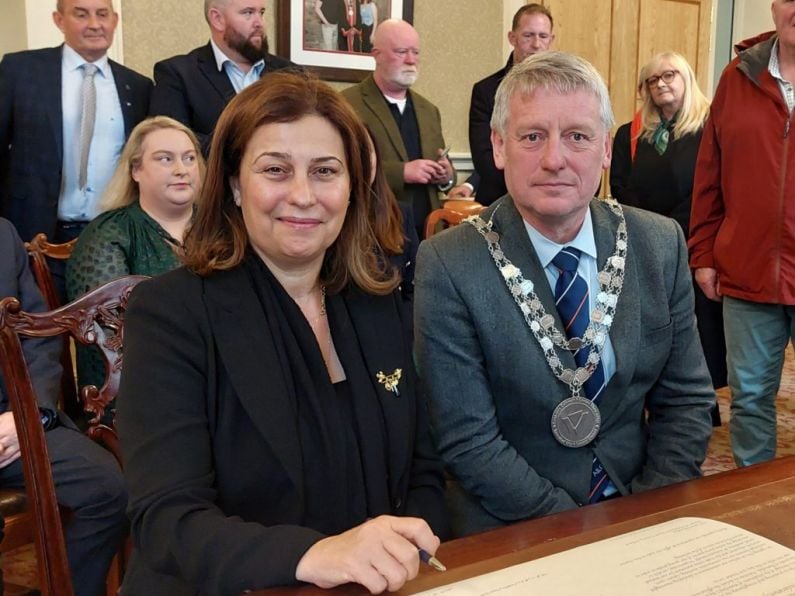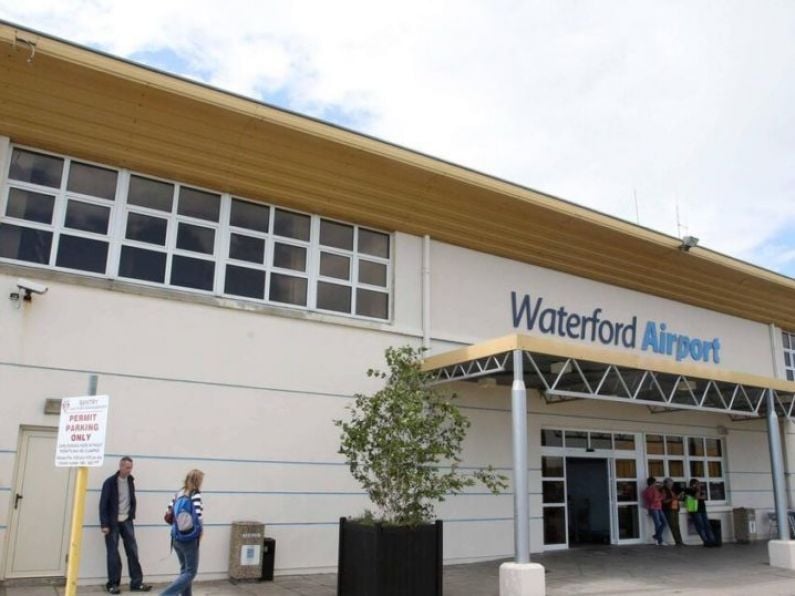Tens of thousands of medical procedures and appointments are being cancelled today and tomorrow due to ongoing strike action by medical scientists.
Up to 30,000 hospital procedures will be cancelled due to the strike over long-standing pay discrepancies and career development issues, which follows similar action taken last Wednesday.
The Medical Laboratory Scientists Association (MLSA) said its members had been left with no alternative but to continue their strike after their day of action last week failed to achieve the required result.
Terry Casey, general secretary of the MLSA, said they are taking action in frustration over a chronic recruitment and retention crisis in the sector arising out of poor pay.
“We did engage with the HSE but there has been no progress in terms of the discussions to response the dispute unfortunately,” he told Saturday with Philip Boucher Hayes on RTÉ Radio 1.
“We have had some informal discussions with the WRC and the HSE who themselves are concerned with the escalation of the dispute into this week where there will be a stoppage for two days on Tuesday and Wednesday once again.”
Procedures affected
Around 14,000 procedures are reported to have been cancelled as a result last week’s one day of industrial action, which saw the “vast majority” of the MLSA’s 2,100 members on the picket lines.
Inpatient procedures, day-case elective procedures, outpatient appointments, maternity appointments and routine GP testing appointments were among those impacted.
The strike action involves the withdrawal of routine laboratory services, such as the analysing of blood and urine samples, scans and other tests, from 8am to 8pm, which affects routine hospital and GP services across the country.
If no resolution is found by the end of this week, MLSA has indicated that its members will be left with no choice but to strike for three days next week.
Announcing the strike earlier this month, MLSA chairperson Kevin O’Boyle said scientists want the issues surrounding pay and career development addressed by the HSE, Department of Health and Department of Public Expenditure.
“We regret the difficulties [industrial action] will cause to an already over-burdened health service and to patients awaiting treatment, but there is huge frustration and burn-out among our members because the severe recruitment and retention problems in the sector have been ignored for years,” Mr O’Boyle said.
“Up to 20 per cent of approved medical scientist posts are unfilled in hospitals across the country.
“We have tried to avoid this action but have been left with no alternative.”



